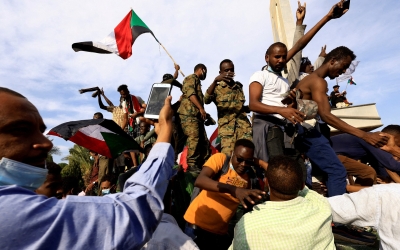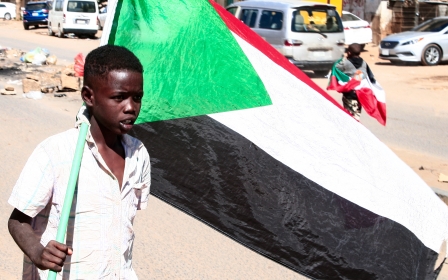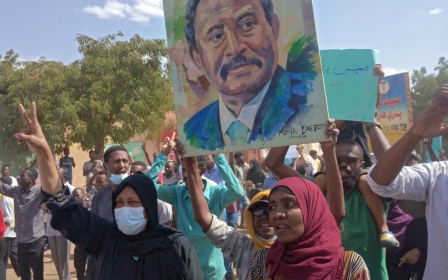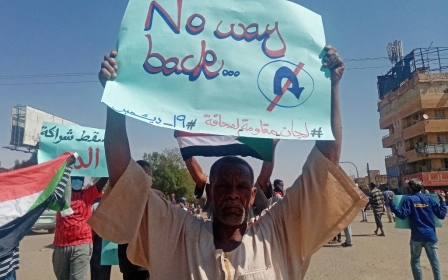Sudan coup: US, western allies warn military against appointing own prime minister
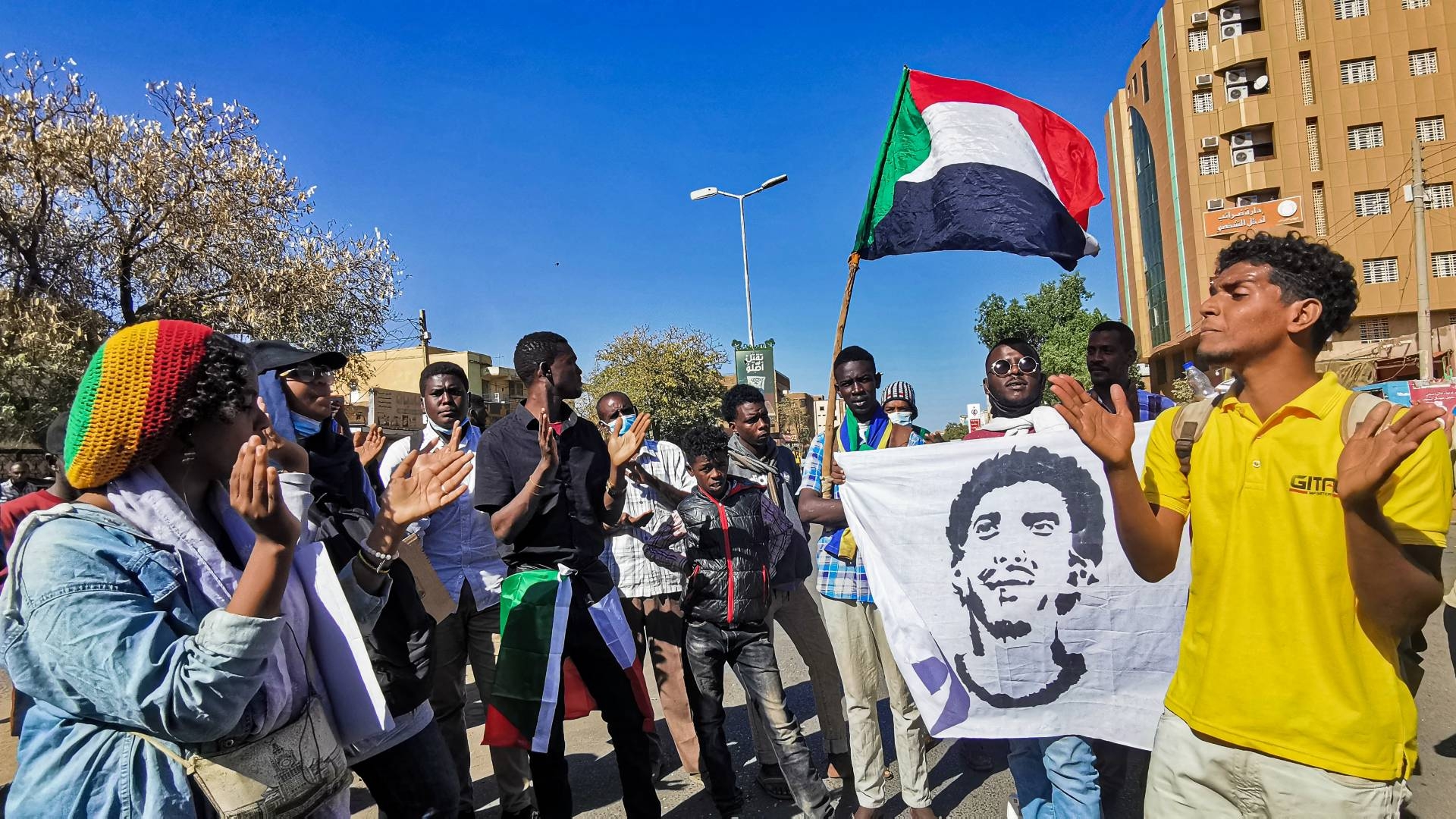
The United States, United Kingdom, Norway and the European Union on Tuesday issued a warning to Sudan's military leaders, calling on them to "recommit" to the country's democratic transition or risk international action.
The Troika on Sudan - comprising the US, UK and Norway - and the EU also warned against the military taking "unilateral action" to appoint a new prime minister and cabinet that did not involve "a broad range of civilian stakeholders".
"The Troika and the European Union will not support a prime minister or government appointed without the involvement of a broad range of civilian stakeholders," they said in a joint statement.
"Sudan's people have spoken as loudly and clearly as they did in 2019. They reject authoritarian rule and want the transition toward democracy to continue. Sudan’s leaders must now show they are listening.
"In the absence of progress, we would look to accelerate efforts to hold those actors impeding the democratic process accountable."
The statement came following the resignation on Sunday of Sudanese Prime Minister Abdallah Hamdok, who said he was stepping down after the failure to reach consensus with the military on a pathway to transition to a civilian government.
Right to peaceful assembly
Hamdok's resignation comes less than two months after he was reinstated as part of a political agreement with the military.
After the 25 October military coup led by General Abdel Fattah al-Burhan, which upended the country's democratic transition process, the civilian leader saw a surge in popularity when he was placed under house arrest.
However, for weeks, he had been facing a popular backlash on the streets and among political groups that previously supported him after he made a deal with the military and was reinstated as prime minister.
The resignation, which had been anticipated for days, has strengthened fears that Sudan is now completely in the hands of the country's military.
Soon after Burhan took power late last year, the US responded by suspending $700m in emergency assistance to the country, followed by a similar move from the World Bank.
The US and its allies further condemned Sudan's military as responsible for human rights violations, including responding to street protests opposing the military's takeover with deadly force and disturbing violence.
"The right of the Sudanese people to assemble peacefully and express their demands needs to be protected. We expect the security services and other armed groups to refrain from using further violence against peaceful protestors and civilians across the country, especially in Darfur," the statement said.
Middle East Eye propose une couverture et une analyse indépendantes et incomparables du Moyen-Orient, de l’Afrique du Nord et d’autres régions du monde. Pour en savoir plus sur la reprise de ce contenu et les frais qui s’appliquent, veuillez remplir ce formulaire [en anglais]. Pour en savoir plus sur MEE, cliquez ici [en anglais].


